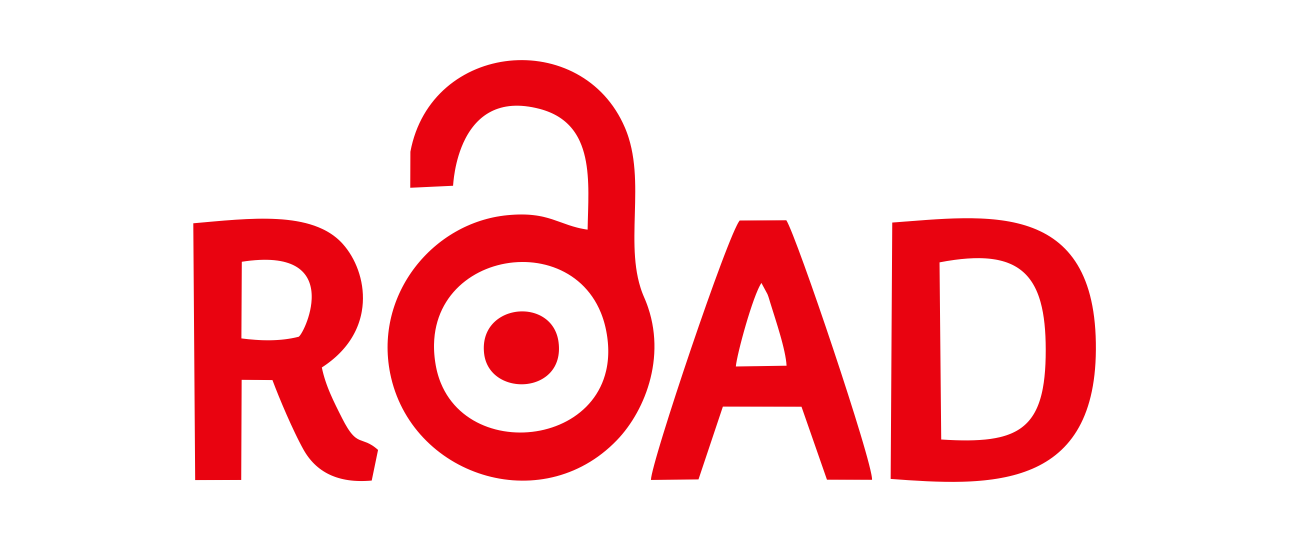Dikotomi Pemilihan Kepala Daerah: Demokrasi dan Dinasti Perspektif Islam
DOI:
https://doi.org/10.1557/sjtp.v1i1.26680Keywords:
Political Dynasty, Democracy, General ElectionAbstract
References
Agus Dedi. “Politik Dinasti Dalam Perspektif Demokrasi.†Jurnal MODERAT 8, no.1 (2022): 92–101.cnbc indonesia.com. “Negara Dengan Umat Muslim Terbanyak Dunia, RI NomorBerapa.†CNBC Indonesia, 2023.https://www.cnbcindonesia.com/research/20230328043319-128-424953/negara-dengan-umat-muslim-terbanyak-dunia-ri-nomor￾berapa#:~:text=Indonesia memiliki 86%2C7%25 penduduk,96%2C5%25penduduk Muslim.Hakim, Muhammad Zulfan. “DEMOKRASI DALAM PILKADA DI INDONESIAMuhammad Zulfan Hakim.†Universitas Hasanudin, 2008, 1–12.Kemenag. “Qur’an Kemenag,†2022. https://quran.kemenag.go.id/.Mahkamah Konstitusi. “Pengertian Politik Dinasti.†Berita Media, 2015.https://www.mkri.id/index.php?page=web.Berita&id=11428.Nika, Imroatun. “Mencegah Terbentuknya Dinasti Politik Melalui PolaRekrutmen Partai Politik (Studi Kasus Pencalonan Kepala Daerah Di Solo2020).†Jurnal Lex Renaissance 6, no. 3 (2021): 562–77.https://doi.org/10.20885/jlr.vol6.iss3.art9.Rahma, Alvina Alya, Afifah Amaliah Oktaviani, Azmi Hofifah, Tsaqila Ziyan Ahda,and Rana Gustian Nugraha. “Pengaruh Dinasti Politik TerhadapPerkembangan Demokrasi Pancasila Di Indonesia.†JurnalKewarganegaraan 6, no. 1 (2022): 2260–69.Rasyid, Fauzan A L I. “Politik Islam Dan Demokrasi Di Indonesia.†Historia:Jurnal Pendidik Dan Peneliti Sejarah 9, no. 2 (2008): 75–86.Rasyid, Fauzan Ali. “Kampanye Politik Dan Persoalan Bangsa.†MIMBAR: JurnalSosial Dan Pembangunan 25, no. 2 (2009): 109–17.Rasyid, Fauzan Ali, and Moh. Dulkiah. “Political Will Implementation of TheGovernment in Hope Family Program Policy.†Journal of Governance 5, no.1 (2020). https://doi.org/10.31506/jog.v5i1.7597.Republik Indonesia. “Undang-Undang Dasar 1945†4, no. 1 (1945): 1–12.Suyatno, Suyatno. “Pemilihan Kepala Daerah (Pilkada) Dan TantanganDemokrasi Lokal Di Indonesia.†Politik Indonesia: Indonesian PoliticalScience Review 1, no. 2 (2016): 212.https://doi.org/10.15294/jpi.v1i2.6586.







